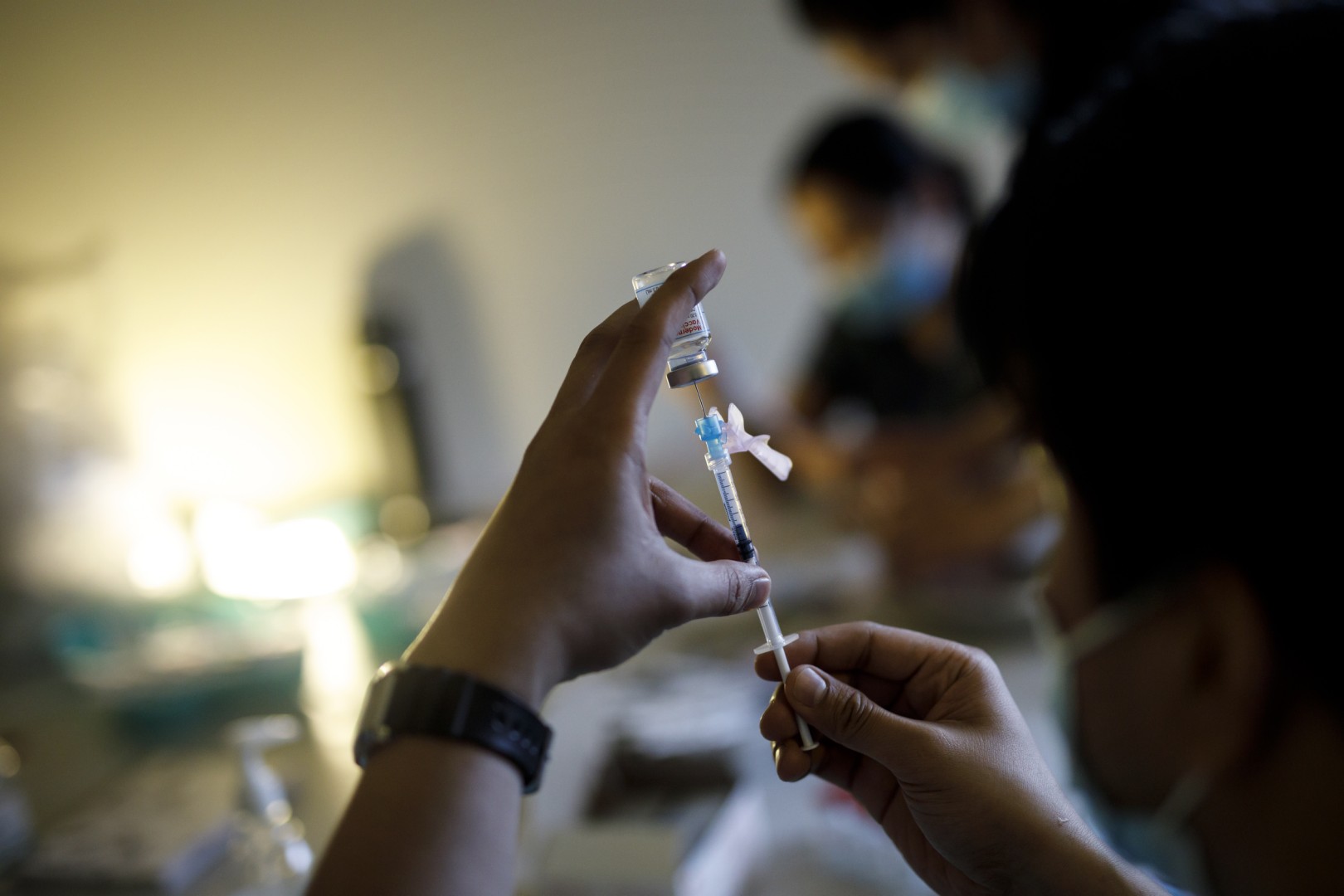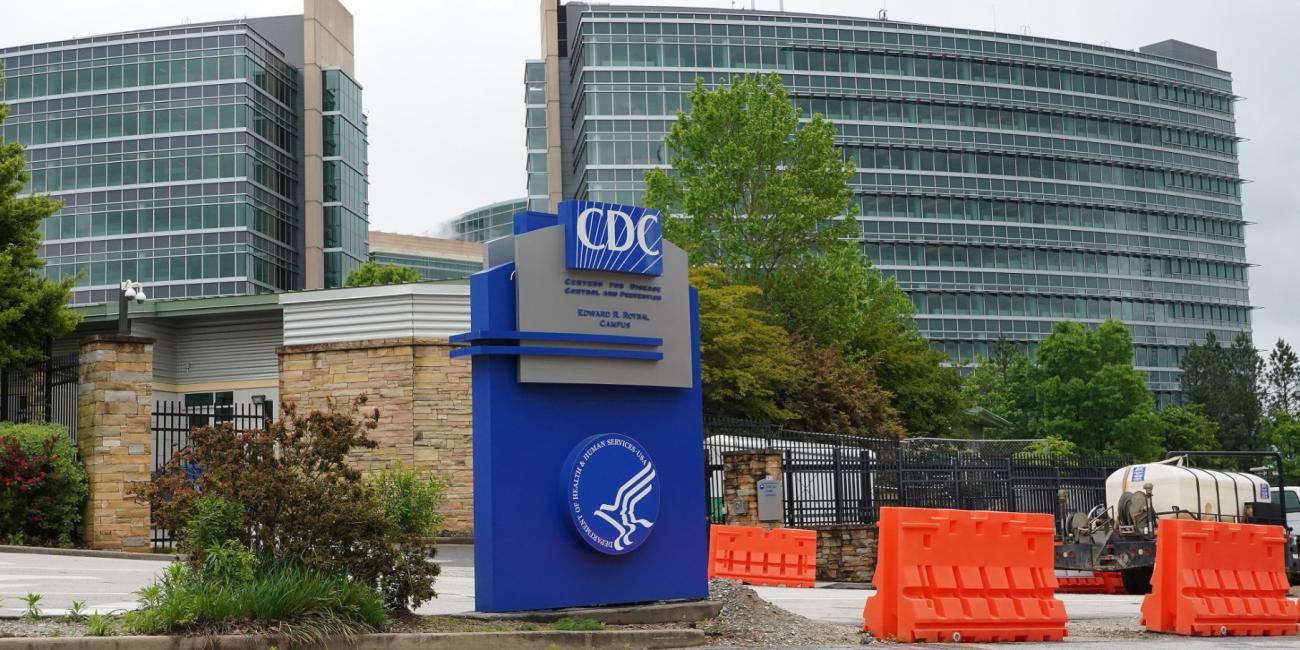
No evidence Covid vaccines behind drop in Canadian fertility rate
- This article is more than two years old.
- Published on February 9, 2024 at 21:43
- 3 min read
- By Gwen Roley, AFP Canada
"Canada's fertility rate reached an all time low one year after the mass injections began," says the caption of a photo published January 31 on X, formerly Twitter.
The screenshot shows a Financial Post article about a report from Statistics Canada that said the country had its lowest-ever fertility rate in 2022 (archived here).

Other posts on X, Facebook and Instagram similarly implied the downward trend was tied to adverse Covid-19 vaccine reactions.


The allegations are the latest example of misinformation about the shots, which researchers estimate have saved millions of lives. AFP has previously debunked claims blaming the jabs for fertility issues in English and French.
The Statistics Canada report referenced in the posts (archived here) shows the country's total fertility rate has been decreasing since the acceptance of contraceptive methods in the mid-20th century. The fertility rate hit a peak of 3.94 "children per woman" in 1959, falling to an all-time low of 1.33 in 2022.
Data showed Canada's birth rate, another category measured by the agency, also continued a downward trend (archived here).
"What we're seeing is a continuing trend of behavior in Canada," said Sarah Brauner-Otto, director of the Centre on Population Dynamics at McGill University.
She told AFP on February 8 that there is no evidence of a link between decreased fertility rates and Covid-19 vaccination. Instead, the trend is due to changes in family planning.
Brauner-Otto said more people are choosing not to have children in part due to economic uncertainty.
"People do not want to have families when they feel that they are not ready to support those families," she said.
Nowadays, those who do decide to have children are generally waiting until later in life, she explained. And the longer people put off pregnancy, the more difficult it is to conceive a child.
"Certainly delaying into your 30s -- or early 30s -- doesn't seem to be problematic for women obtaining their desired fertility or family size," Brauner-Otto said. "But once you're delaying into your late 30s and your 40s then you really are running into biological limits."
Caitlin Dunne, co-director of the Pacific Centre for Reproductive Medicine, agreed this is one of the main reasons for declining fertility rates in Canada.
"We also know that women have ready access to contraception, they may have harder times meeting a partner, they may be pursuing careers -- all of these things are shifting when people feel ready to start a family," Dunne said February 8.
Fertility and vaccines
Health Canada says on its website that "data has shown no evidence that Covid-19 vaccines cause fertility problems in women or men" (archived here).
Dunne agreed a full schedule of vaccines does not affect fertility -- and that those seeking to become pregnant should be inoculated against influenza and other viruses to stay healthy.
Pregnant people are at an increased risk of severe Covid-19 in particular, she said, so vaccination is recommended (archived here). She added that preliminary research suggests getting the shot during pregnancy could protect the child once it is born (archived here).
Researchers in China and Italy did not find any correlation between Covid-19 vaccination and fertility impairment, while noting more inquiry is needed (archived here and here). AFP previously debunked claims that the shots affect male sperm counts.
Other international and United States-based studies have not found an increased risk of miscarriage after getting the jabs (archived here and here).
Physicians have consistently said that while there are some side effects to Covid-19 vaccination (archived here), the benefits outweigh the risks.
Read more of AFP's reporting on misinformation in Canada here.
Copyright © AFP 2017-2026. Any commercial use of this content requires a subscription. Click here to find out more.
Is there content that you would like AFP to fact-check? Get in touch.
Contact us




